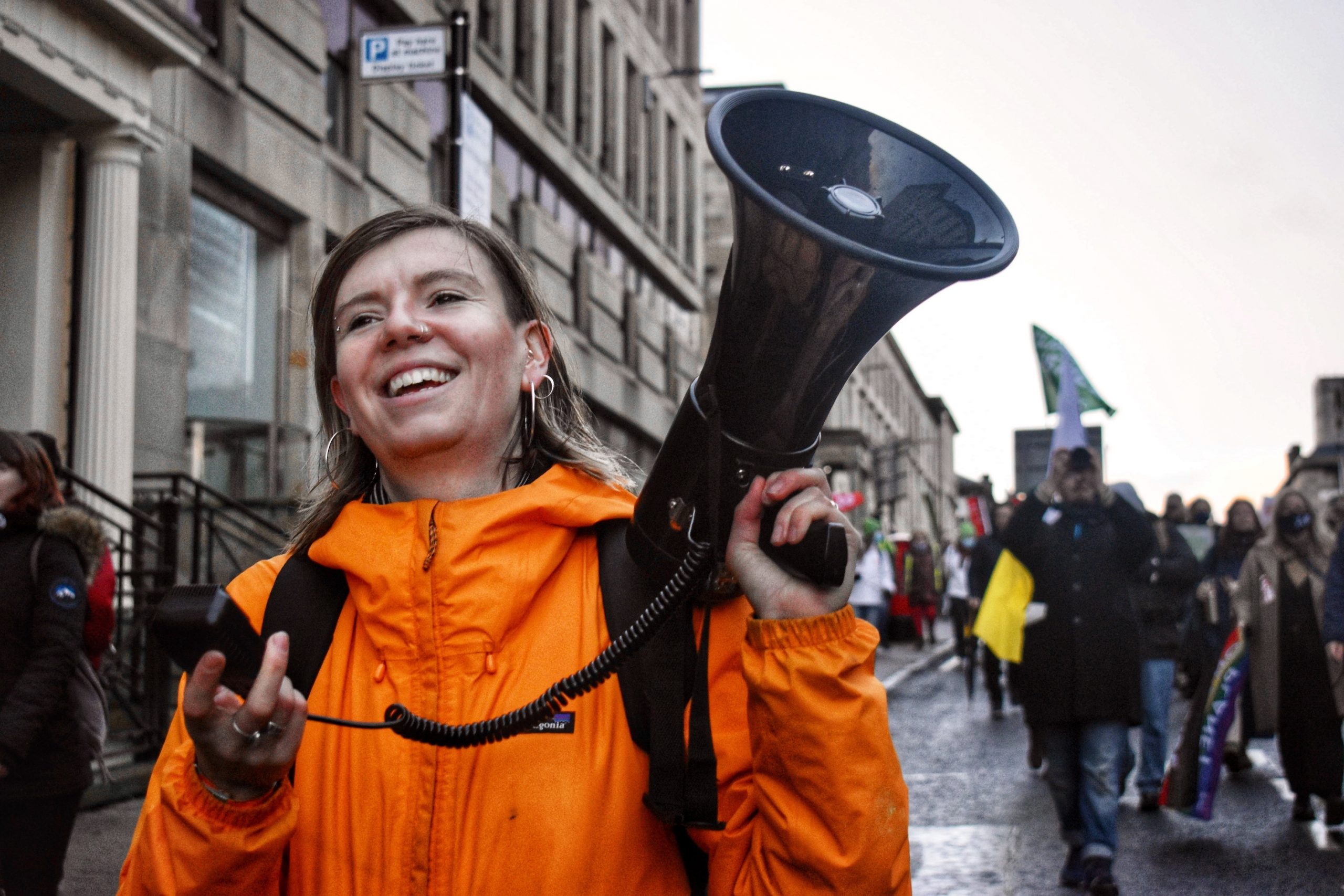
Controversial gas developer Dart Energy fights to stay afloat
Dart Energy, the leading unconventional gas developer in Scotland, has cut 70% of its global workforce in an effort to stay afloat as the company’s share price continues to plummet.
In a statement issued today (2 April) the troubled Australian company announced an aggressive strategy to cut costs that includes slashing over 100 jobs, suspending operations in New South Wales and re-focusing its efforts on coalbed methane and shale projects in the UK.
Dart’s share prices have lost a third of their value in the last 6 months, and are today trading at a low of 6 cents.
Friends of the Earth Scotland Campaigns Co-ordinator Mary Church said:
“Dart Energy have been in rough waters for some time and this looks like the last desperate moves of a company that is about to go under.
“It is ironic that the company are telling Australian shareholders that their fracking and coalbed methane plans in the UK will save them, given that their proposals at Airth are deeply controversial and the planning decision has already been delayed twice.
“Communities living near Dart’s development at Airth will wonder whether this company is really up to the job of delivering the controversial coalbed methane project, and particularly whether they will be around in the coming years to deal with the clean up if anything goes wrong.”
The news comes following allegations that Dart are misleading the public or shareholders about its plans to frack for shale gas in central Scotland. Dart Energy told the Australian Stock Exchange that they plan to exploit shale gas in central Scotland while telling communities and planning officials in Scotland that they have no plans to frack.
Church continued:
“Yet again Dart are telling international investors that they will frack for shale gas, while telling Scottish communities that they will not. Dart cannot get away with this kind of duplicity.”
Dart Energy has had to suspend its activities at Fullerton Cove in Australia following the New South Wales Government introducing a ban on all unconventional gas activity within 2km of residential areas. The development faced strong community opposition and was recently the subject of a legal battle. If a similar ban were in place in Scotland Dart’s development at Airth could not go ahead.
Friends of the Earth Scotland are calling for a ban on all unconventional gas extraction and fracking because of its devastating impacts on the climate and local environment.
ENDS
For media enquiries, please contact:
Per Fischer, Press Office, Friends of the Earth Scotland
t: 0131 243 2715
Notes to Editors
1. Dart Energy’s announcement to the Australian Stock Exchange is available at http://clients.weblink.com.au/clients/dartenergy/article.asp?asx=DTE&vie…. Dart share price is at http://www.asx.com.au/asx/research/companyInfo.do?by=asxCode&asxCode=dte
2. Dart Energy’s coalbed methane project at Airth is the most advanced venture in its portfolio, and the most advanced unconventional gas development in Scotland. In September 2012 Dart submitted planning applications to Falkirk and Stirling Councils for 22 new wells at 14 sites, a waste water treatment facility and a network of pipelines to take the development to its commercial production phase. This phase of the project will only access 10 – 20% of the resource in the license area which Dart plan to exploit in coming years, meaning that the area could see many more wells in the coming years if Dart’s plans go ahead. Falkirk and Stirling Council have asked Dart for a second extension to decide this application, and a decision is not expected until May.
3. The industry in Australia estimates that up to 40% of coalbed methane wells will eventually be fracked. See Australian National Greenhouse Accounts, Coal Seam Gas Estimation and Reporting of Greenhouse Gas Emissions 2012 http://www.climatechange.gov.au/climate-change/emissions/~/media/climate…
emissions/factsheets/NGA-FactSheet-7-CoalSeamGas-20120430-PDF.pdf
4. The New South Wales Government recently introduced a ban on all unconventional gas activity, not just hydraulic fracturing, within 2km of residential areas. See http://www.resources.nsw.gov.au/__data/assets/pdf_file/0008/458018/TOUGH…. A conservative estimate suggests at least 2,000 homes within 2km of Dart Energy’s Airth development.
5. A number of countries and states already have moratoriums or bans in place including:
France: First country to ban March 2011
Denmark: Moratorium at least until the end of 2013.
Germany: Moratorium in Northrhine-Westphalia
Bulgaria: Ban since January 2012
Romania: Moratorium announced May 2012
Czech Republic: Moratorium in May 2012 considering outright ban Spain: La Rioja region is currently considering implementing a ban on fracking
Quebec: Moratorium pending environmental review
Vermot: Banned in May 2012
New South Wales: Ban on any coal seam gas activity within 2km of residential areas, Feb 2013.
Ireland: 2-year moratorium in March 2013
5. Friends of the Earth Scotland is
* Scotland’s leading environmental campaigning organisation
* An independent Scottish charity with a network of thousands of supporters and active local groups across Scotland
* Part of the largest grassroots environmental network in the world, uniting over 2 million supporters, 77 national member groups, and some 5,000 local activist groups – covering every continent. www.foe-scotland.org.uk
